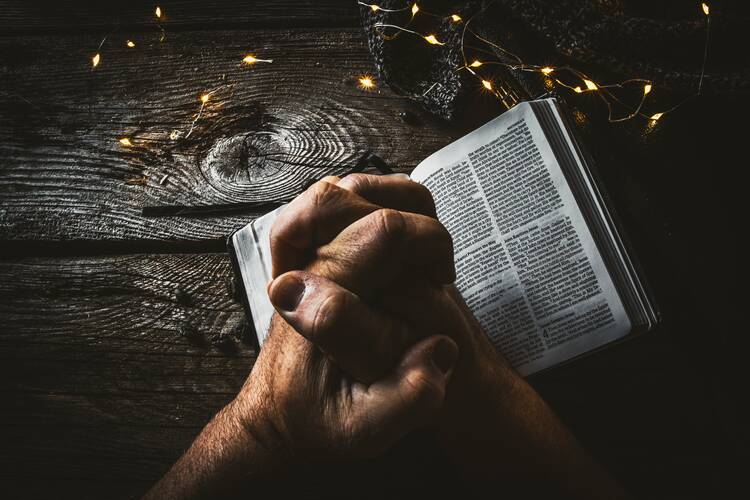A Reflection for Saturday of the Twenty-fourth Week in Ordinary Time
Someone may say, “How are the dead raised? With what kind of body will they come back?” You fool! What you sow is not brought to life unless it dies…It is sown corruptible; it is raised incorruptible. It is sown dishonorable; it is raised glorious. (1 Cor: 15:35-36, 42-43)
It is the most fundamental of Christian messages. We have to die first in order to be resurrected. LIke Newton’s third law of motion but more so: For a Christian, every act of dying has a massively unequal and opposite reaction. We lose our lives, but are raised into a new life unequal to anything we can imagine. We die in corruption; we are raised in glory.
The Corinthians (i.e., “You and I”) want clarity on what that glorified body will be like. Or, to put it more generally, we want to know the exact specifications of how God works in our lives.
By calling us fools (fools! us!), Paul is trying to shake us up and remind us that we are thinking in human ways and not in God’s ways. Getting precise answers, gaining full knowledge of outcomes does not work when talking about the fruits of God’s labors upon our death.
When asked once about what he hoped to accomplish with his peace activism, Dan Berrigan said he stopped worrying long ago about results.
And we die all the time! Don’t we? The little losses, the failed attempts, the marginal put-downs, the small indignities. You didn’t get a promotion, you lose your pocketbook, you see your ex and she seems happy. The Dodgers lose the pennant. (No, seriously, sports losses can tank us, and hard. A friend told me that in 2019 when Roger Federer lost two match points and ultimately the Wimbledon championship to Novak Djokovic, it took him, my friend, weeks to get over it.)
The only way to “resurrect” from these things, to see our pain as seeds of new life, is to believe (stunningly, believe) that they were meant to happen. To accept these hard things as God at work in our lives. To feel them, own them, not run from them.
This does not mean, for instance, accepting without protest every indignity someone heaps upon us. It simply means accepting the sufferings we cannot change, and there are so many painful things in our lives we cannot change. And God cannot do great things through us if we pretend that pain is not there, if we run from hard things.
If we allow them to, every difficulty shapes us, etches us into the people we are meant to be. Shapes the world as it was meant to be shaped. We just do not always know what that will look like.
When asked once about what he hoped to accomplish with his peace activism, Dan Berrigan said he stopped worrying long ago about results. He just did the thing, went to the hard places, embraced the suffering, and let go of what happened after. Everything can be used. We are called simply to accept and own the fact that we have to die. Own it and let God take care of the glory to come, whatever that may look like.








